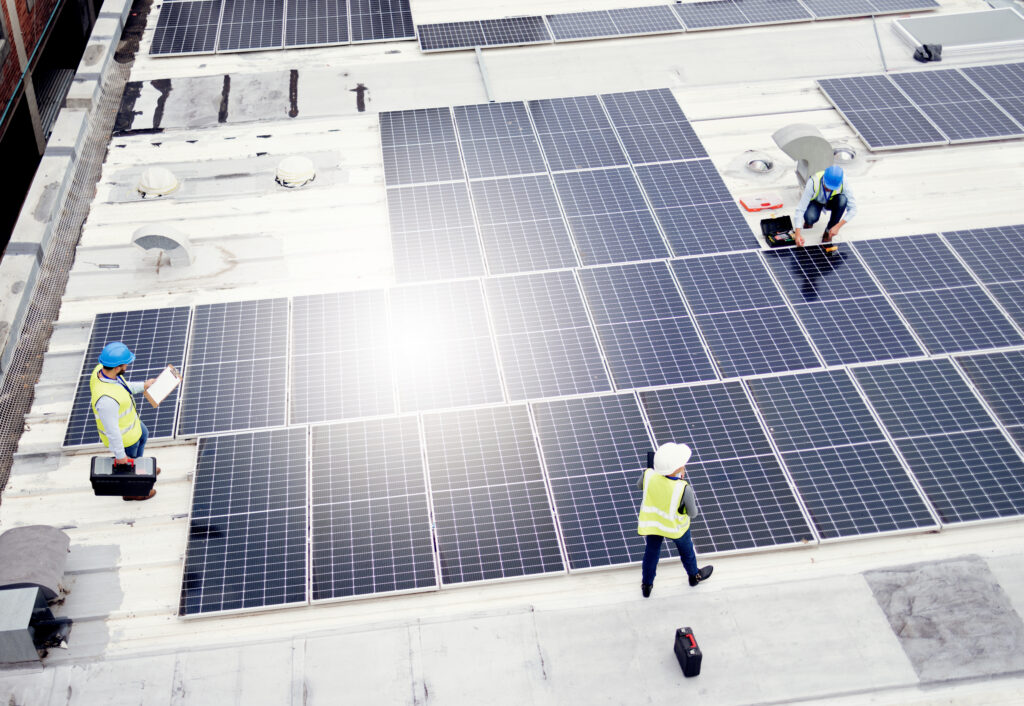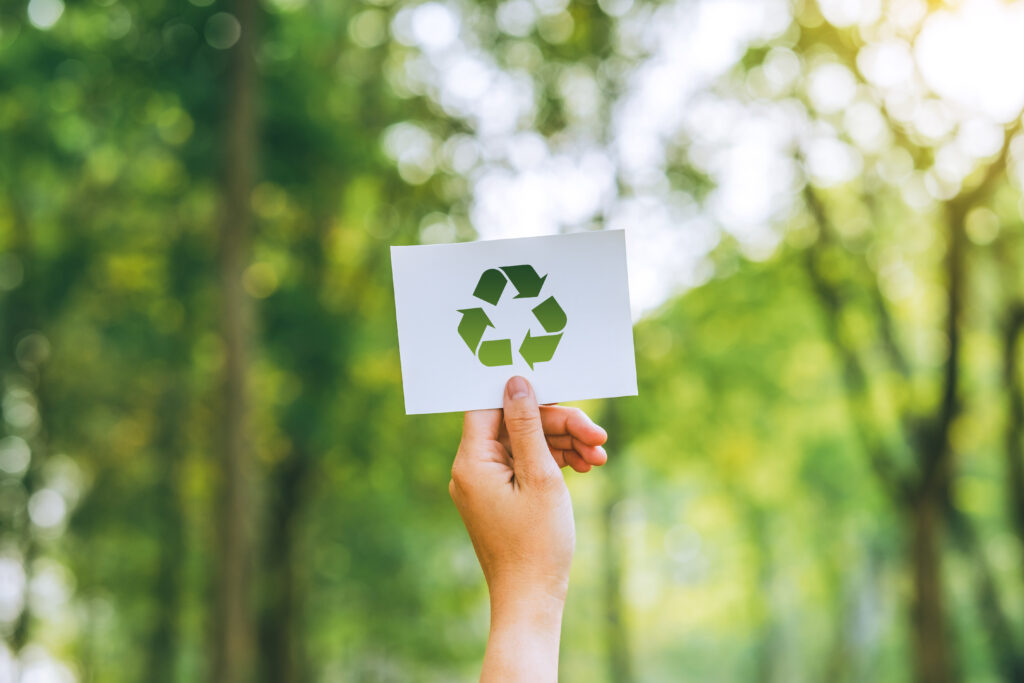Sustainability
Eco Friendly Manufacturing Processes
published on 8 December 2023
Introduction
As we move into 2024, the importance of sustainable practices in the manufacturing industry is greater than ever. In the past, processes such as electrical consumption, consumption of tools and coolant liquid, and the production, transportation and distribution of materials in general have lead to heightened carbon emissions. Nowadays, the construction and manufacturing industries have a much more measured approach to their effect on the environment. In this article, we will take you through the various methods and practices that manufacturers are undertaking to ensure they are contributing to a greener planet.
Top 10 Sustainable Manufacturing Processes
1. Closed Loop Manufacturing:
Closed loop manufacturing is focused on recycling and the re-use of materials to create a self-sustaining cycle. Materials used in the manufacturing process can be used again. This approach minimises waste and environmental impact by reducing the need for new raw materials for products, and decreasing overall waste.
2. Lean Manufacturing:
Lean manufacturing has the aim of reducing waste and improving efficiency. Lean Manufacturing streamlines the production processes, reduces lead times and operating costs and enhances product quality. By identifying and eliminating non value adding activities, lean manufacturing not only reduces costs but also lessens the environmental impact. Lean manufacturing focuses on continuous improvement.
3. Green Chemistry:
Green chemistry is based on creating manufacturing processes and products to reduce or eliminate the use and generation of hazardous substances. This then minimises carbon emissions and associated health risks, making your manufacturing process safer and more sustainable.
4. Sustainable Materials:
The use of sustainable materials means you are choosing materials that are renewable, recycled, or have less of a negative environmental impact. These must be sustainably sourced, and that contribute to a smaller ecological impact throughout their lifecycle. Biodegradable materials are popular example of sustainable manufacturing materials. Other examples include bioplastics, polyethylene terephthalate (PET) and high-density polyethylene (HDPE), polyhydroxyalkanoate (PHA), thermoplastics, different blend levels and more.
5. Renewable Energy Powered Manufacturing:
Examples of renewable energy sources include solar, wind, or hydro power. Using these in your manufacturing processes will significantly reduce carbon emissions. The use of these sources of energy for your process will help you achieve your sustainability goals, and also result in savings for your business and possible energy independence.
6. Water Reuse and Recycling:
Conserving water through its reuse and recycling will significantly reduce your environmental impact too. You can reduce your water consumption by treating and reusing wastewater, or implementing water-efficient practices,. Water treatment is important in this process. Legal requirements and appropriate risk assessments must be undergone when reusing water in the manufacturing process.
7. Energy Efficient Equipment:
You can also reduce your energy consumption and greenhouse gas emissions in your plant by using approved energy efficient equipment. Examples of this equipment could be high-efficiency motors, or smart systems that optimise energy use, or as simple as using LED lightbulbs. It could also be electric heat pump water heater, or even the upkeep of existing machinery to reduce the need to buy new ones. All these and more contribute to a more sustainable manufacturing process.
8. Sustainable Supply Chain Management:
Sustainable supply chain management involves overseeing the entire supply chain through an eco-friendly lens. This means have people responsible for ensuring that every step, from raw material sourcing to product delivery, adheres to environmental and social sustainability standards.

Pioneering Sustainability: EliteForm Manufacturing’s Journey Towards Eco-Friendly Processes
EliteForm are committed to leading the way when it comes to eco friendly manufacturing processes. Sustainability has always been at the heart of our ethos, which in 2024, is more apparent than it ever was. Sustainability was a key driver when developing our company’s strategic plans for the next 5 years. We are excited to share more developments on this front in the coming months.
Eco Friendly and Recyclable Materials
At the core of our sustainability strategy is recycling, and our commitment to eco friendly materials. We also pride ourselves in the lack of packaging involved in our processes. This is notable in our manufacturing facilities here in CastleBellingham. Repak recently paid a visit to our facilities. They relayed feedback to our management at how impressed they were by our eco friendly materials, and the lack of packaging visible on our manufacturing floor. These are practices we plan on continuing and enhancing in 2024.
EV Chargers for Staff
In late 2023, as part of our ongoing sustainability plans, we listened to our staff and how they feel we can make a difference on the ground level. The most popular idea was having electric car chargers installed on our premises, both for staff, and clients visiting the site. We are proud to say this has successfully been installed and is being utilised daily.
Certifications
In recent months, we’ve had our ISO inspections and have passed with flying coloursWe are delighted to have recently renewed our ISO4001:2015 and quality 9001:2015. ISO 14001 is the international standard that specifies requirements for an effective environmental management system (EMS). SO 9001 is a globally recognized standard for quality management. It helps organisations of all sizes and sectors to improve their performance, meet customer expectations and demonstrate their commitment to quality.
Repak Members Plastic Pledge
One of the most exciting recent sustainability measures we have put in place, is the commitment from Sandra Byrne, our MD and other members of management have taken up the re-pack plastic pledge for 2024. This is a commitment to help reduce plastic waste and practice more sustainable methods. Repak provide a slate of resources and support to help their members to achieve this.

Embracing Sustainability in the Manufacturing Industry
Adopting these practices not only contributes to a healthier planet but also aligns with the growing global demand for sustainable products and processes. Adopting these methods will also help you hit your sustainability goals. As the manufacturing industry continues to evolve, eco-friendly practices will play a crucial role in shaping its future. EliteForm are committed to being a part of this revolution. We look forward to sharing more of our progress throughout 2024. If you have any questions around our sustainability strategy, please feel free to contact us.
